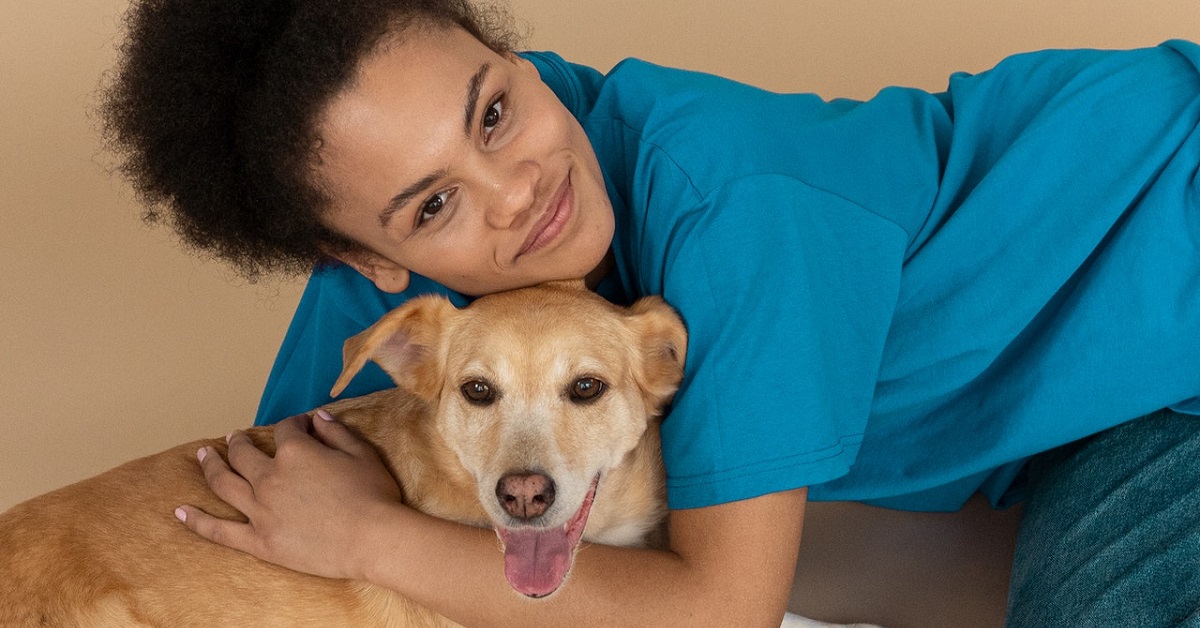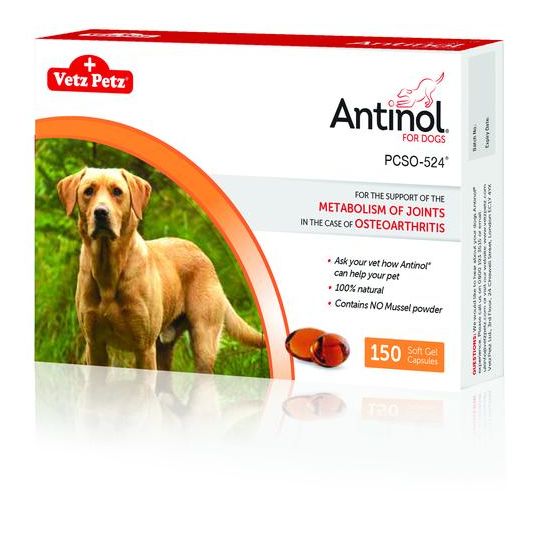Vetpharmacy.co.uk Cookie Policy : We use cookies to enhance your user experience. To find out more please view our cookie policy
How Do You Treat Osteoarthritis in Dogs?

As the most common form of arthritis affecting dogs, osteoarthritis (OA) affects synovial joints (common joints such as hips and knees). This chronic, irreversible condition occurs in about 25% of dogs. Continue reading to learn more about osteoarthritis dogs and how you can treat the condition.
As osteoarthritis progresses, an increasing amount of articular cartilage is lost from the joints of the affected dogs. Additionally, they may grow small bony pieces in the joint as well as connective tissue (fibrosis) around the cartilage, resulting in pain and impaired limb function.
Osteoarthritis usually occurs in dogs as a secondary condition to diseases like hip dysplasia and elbow dysplasia. Diet, obesity, exercise, and body weight are also factors contributing to OA.
What are the symptoms of Osteoarthritis in Dogs?
Someone who owns pets will usually detect signs and symptoms of osteoarthritis in dogs. Most of the dogs will commonly show:
- Lack of willingness to exercise or play, and reduced energy in general activity.
- Lameness or stiffness, like difficulty transitioning from sitting to standing.
- A change in the dog’s posture and gait.
In order to protect themselves from a lot of pain, dogs may walk with a bunny hop, sit with the painful area extended, or otherwise appear weak or slouchy when walking.

What are the causes of osteoarthritis in dogs?
There are two types of osteoarthritis: primary and secondary. The onset of primary osteoarthritis is usually idiopathic (for unknown reasons) or caused by ageing. As the name suggests, secondary osteoarthritis occurs as a result of another condition, like:
- Injury
- Cruciate tear
- Hip or elbow dysplasia
- Patellar luxation
A dog's age and weight are factors that contribute to osteoarthritis. The process of primary and secondary osteoarthritis involves a succession of changes that negatively impact the health of joints, articular cartilage, joint capsules, synovial membranes, subchondral bones, and ligaments.
How do you treat osteoarthritis?
Your vet may use a variety of strategies to slow the progression of osteoarthritis in your dog, depending on what works best.
You may be prescribed over-the-counter supplements and medications, but it is very important to follow your veterinarian's guidance, since some medications may cause serious problems, while others have low safety margins.
Below are the most common therapy prescriptions:
- Supplements
- NSAIDs to minimise inflammation and pain
- Steroids - Like prednisone, triamcinolone and methylprednisolone.
- Other pain medicines that work with NSAIDs
- Adequan - An injectable prescription product with anti-inflammatory effects. A good number of dogs experience minimal side effects and significant comfort after using Adequan as a pain reliever.
Learn more about the best dog joint supplements in our previous blog post here:
Best Dog Joint Supplements
Dogs with osteoarthritis may benefit from alternative therapies. These include laser therapy, acupuncture and physical rehabilitation such as therapeutic exercise and hands-on techniques. Stem cell therapy and chiropractic manipulation have also been proven effective for some dogs.
In other cases, your vet may suggest surgery to limit pain linked with the inflammation.
Vet Pharmacy provides the best products for osteoarthritis dogs, including:
Antinol for Dogs

Recovery and Management of Osteoarthritis in Dogs
For full recovery and management of osteoarthritis, it may be best to make some lifestyle changes for your dog. Weight management is important in reducing stress and inflammation on the joints. Your dog may also need a proper diet alongside regular exercise when they start to tolerate movement.
You may need a physical and rehabilitation plan prescription if your dog requires surgical intervention. This usually includes an underwater treadmill, swimming, massages, physical therapy and rehabilitation.
Get in touch with us today for the best products for osteoarthritis dogs.
Get In Touch Shop Antinol For Dogs
This blog post was written on behalf of Vet Pharmacy by Pharmacy Mentor.